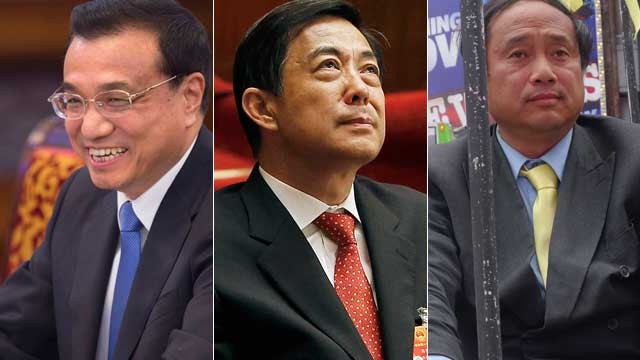Jaime FlorCruz attended Peking University at the same time as both Bo Xilai, Li Keqiang, exiled Chinese dissident Wang Juntao and other members of the famed “Class of ’77” who passed the first college entrance exams held in post-Cultural Revolution China. In his weekly column, CNN’s Beijing Bureau Chief explores the close links between Beida and China’s recent political history:
Beida alumni like Wang are fiercely proud — some say chauvinistic — of the school’s free-spirit tradition and its reputation as “China’s Harvard.” “‘Conquer or die’, that’s one of Beida’s spirit,” Wang recalls. “We care more about thinking or ideology than political achievements.”
Peking University, known in Chinese simply as Beida from the first syllables of its Chinese name Beijing Daxue, was founded 114 years ago as a training ground for China’s intellectual leaders. Over the years, the university has been a bulwark of intellectual pursuit, academic freedom and patriotism.
In 1919, Beida students led street demonstrations in Beijing, known then as Peking, condemning Confucian traditions and values, as well as the foreign domination of their country. Years later, many became leaders of the so-called Red Guard — a movement of young revolutionaries who swore allegiance to Mao Zedong — during the convulsive Cultural Revolution (1966-76), while others became the shock troops of the 1989 Tiananmen protests, organizing discussion groups, street demonstrations and hunger strikes. [Source]








